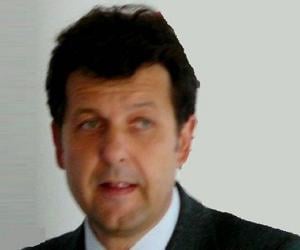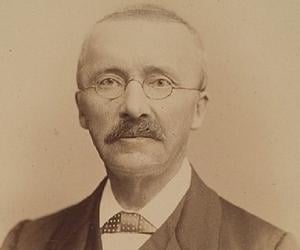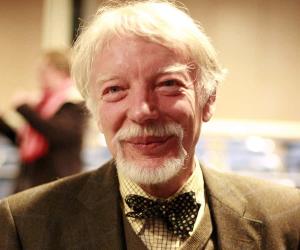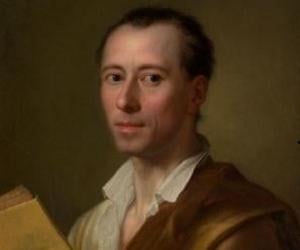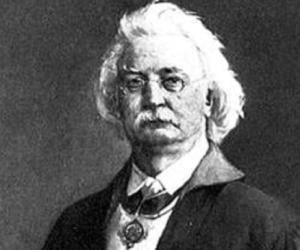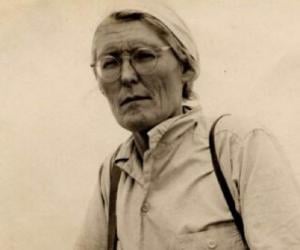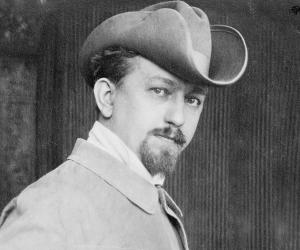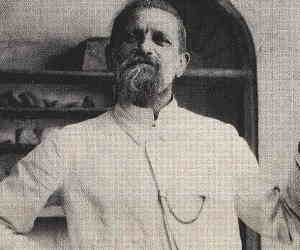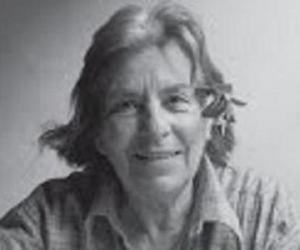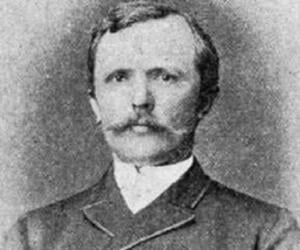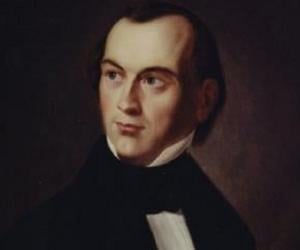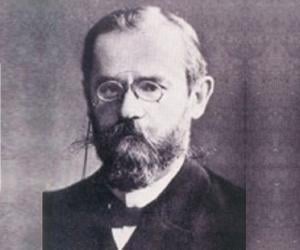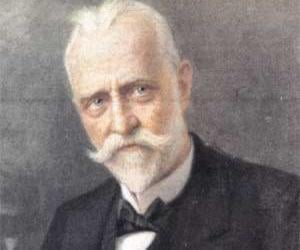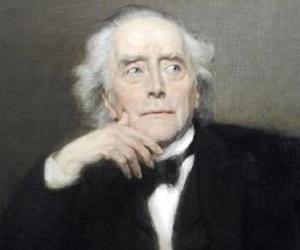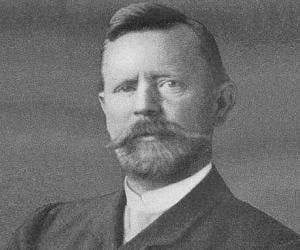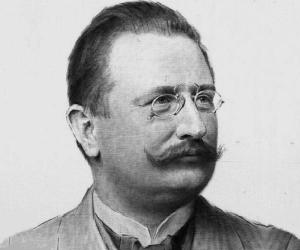1
Ricardo Eichmann
(German Archaeologist)
Birthdate: November 1, 1955
Sun Sign: Scorpio
Birthplace: Buenos Aires, Argentina
Ricardo Francisco Eichmann is a distinguished archaeologist known for his expertise in Near Eastern archaeology. He served as the director of the Orient Department at the German Archaeological Institute for over two decades, from 1996 to 2020. Prior to this role, he held a professorship at the University of Tübingen, where he shared his knowledge and passion for archaeology with students. Eichmann's contributions to the field have significantly advanced our understanding of ancient civilizations in the Near East.
